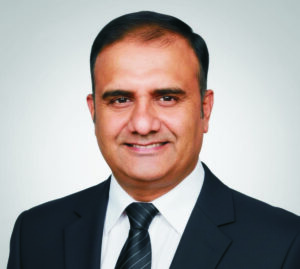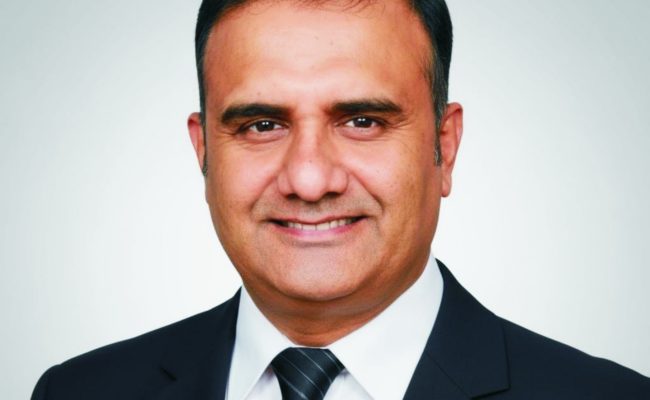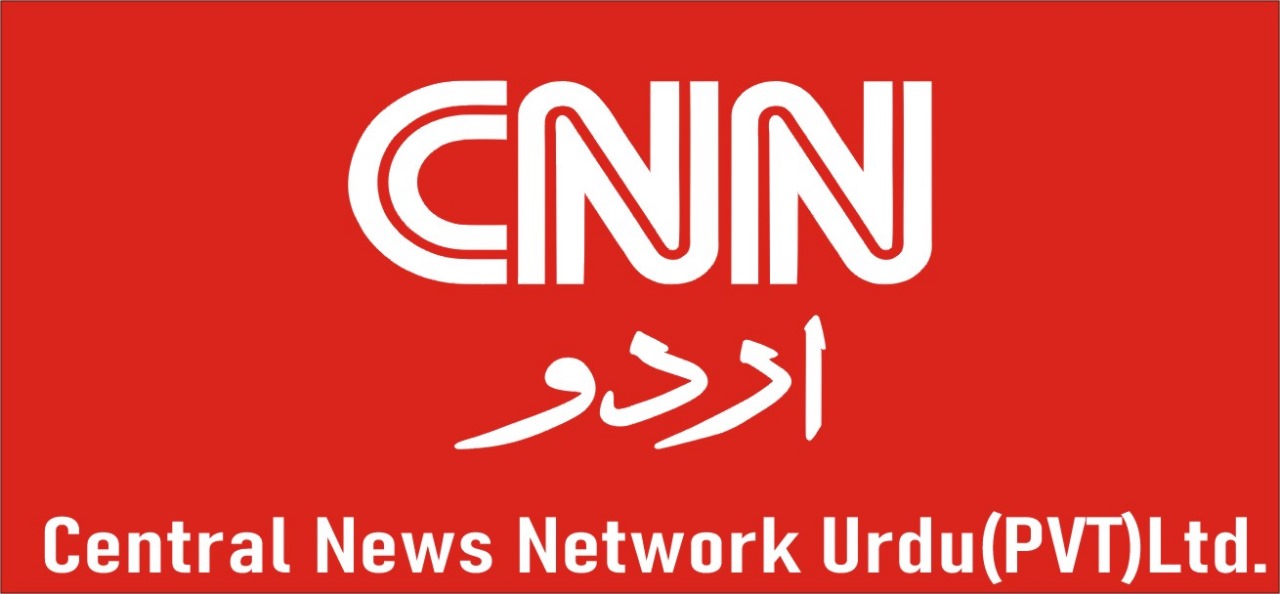By: Research & Writing: Abid Siddiq Chaudhary
(Chairman APNEC Punjab
The All Pakistan Newspapers and Electronic Media Employees Confederation (APNEC) is the largest national union confederation representing newspaper workers, electronic media employees, technical staff, circulation workers, production staff, and non-editorial media personnel in Pakistan. The organization unites print and electronic media unions across the country and works for employees’ rights, wages, service structure, job security, media freedom, and the implementation of labor laws.
APNEC is the only national confederation in Pakistan that includes both print and electronic media workers.

Establishment — 1974
APNEC was founded in 1974 to provide a united national platform for newspaper and media workers across Pakistan. At that time, newspapers faced:
-
low wages
-
unstructured service systems
-
illegal dismissals
-
poor working conditions
In this context, newspaper unions from various cities agreed to establish a national confederation.
Thus, in 1974, the “All Pakistan Newspaper Employees Confederation (APNEC)” came into existence. Later, with the inclusion of electronic media workers, the organization adopted its current comprehensive name:
All Pakistan Newspapers and Electronic Media Employees Confederation (APNEC)
Historical Background
In the 1960s and 1970s, journalism and media institutions in Pakistan faced government restrictions, censorship, economic pressure, and industrial challenges. During this period:
-
media workers’ wages were unregulated
-
labor laws were weakly enforced
-
unions in newspapers were suppressed
-
no unified national platform existed for media workers
The establishment of APNEC in 1974 filled this void and provided media workers with a national, organized voice for the first time.
Notable Leaders and Historical Figures
Minhaj Barna
A prominent journalist and labor organizer who founded APNEC and played a key role in the organizational struggle for journalists’ rights.
Other important leaders:
Abdul Hameed Chhapra, Pervaiz Shaukat, Naseer Zaidi, and many others who served in various capacities.
Expansion in the New Era — Inclusion of Electronic Media
After 2000, electronic media (TV news channels, broadcast media, and digital platforms) expanded rapidly in Pakistan. APNEC included this growing sector, bringing in:
-
TV news reporters
-
technical staff
-
non-journalist workers
-
digital media workforce
-
field technicians
-
master control room staff
Thus, APNEC evolved from representing only newspaper workers to becoming the representative confederation of all media workers in Pakistan.
Mission and Objectives
APNEC plays a major role in safeguarding media workers’ rights by focusing on:
-
improving working conditions
-
securing fair wages
-
strengthening service structure
-
ensuring overtime, bonuses, and benefits
-
protecting legal rights
-
enforcing labor laws
-
preserving media freedom
-
union development in smaller districts
-
enhancing negotiating power with media owners and government institutions
Organizational Structure
APNEC operates nationwide as a federation with the following organizational framework:
-
Central Chairman
-
Central Secretary General
-
Vice Chairmen / Joint Secretaries
-
Provincial Chairmen
-
Provincial Secretary Generals
-
Divisional Unions
-
District Unions
-
Working Committee / Council
Central Leadership (2025–2027)
Central Chairman: Muhammad Siddique Anzar
A highly experienced organizer and workers’ leader, elected for the second time as Central Chairman for a 2-year term. He represents print and electronic media workers nationwide.
He secured approval of a 1-billion-rupee grant from Prime Minister Mian Shahbaz Sharif for the Prime Minister’s Health Insurance Scheme for Journalists and Media Workers.
Through this effort, over 5,000 media employees across Pakistan now have access to free healthcare in leading hospitals — a major step for journalists’ welfare.
Central Secretary General: Abdul Samad Mengal
Active in defending workers’ rights across Pakistan, including Balochistan.
Provincial Leadership
-
Punjab Chairman: Abid Siddiq Chaudhary
-
Punjab General Secretary: Sardar Ejaz Khan Shahani
-
Sindh Chairman: M.B. Abbasi
-
Sindh General Secretary: Syed Anwar Alvi
-
Balochistan Chairman: Haider Khan Achakzai
-
Balochistan General Secretary: Yasir Jadoon
-
Gilgit-Baltistan Chairman: Mahwish Mumtaz Baig
-
Gilgit-Baltistan General Secretary: Wazir Nusrat Ali
-
Khyber Pakhtunkhwa Chairman: Abdul Wadood Baig
-
Khyber Pakhtunkhwa Secretary General: Dr. Nauman
APNEC Punjab — Provincial Chapter
-
Chairman: Abid Siddiq Chaudhary

-
General Secretary: Ejaz Shahani
Key Achievements
-
Reorganization of unions across Punjab
-
Strong advocacy on working-class issues
-
Negotiations with media institutions
-
Established a strong network in Lahore, Faisalabad, Rawalpindi, Multan, Sialkot, and other cities
APNEC’s Struggle (1974–2024)
-
Persistent struggle for Wage Board Awards
-
Actions against illegal dismissals
-
Participation in press freedom movements
-
Nationwide representation
-
Recovery of workers’ dues during economic crises
-
Protest campaigns against exploitative media houses
APNEC’s Role and Importance in Pakistan
-
Largest representative organization for media workers
-
United voice of print and electronic media staff
-
A key part of the national labor movement
-
Influential role in legal reforms and media policy-making
Conclusion
For almost 50 years, APNEC has protected the rights of media workers in Pakistan. It has:
-
fought for the rights of thousands of employees
-
organized unions nationwide
-
participated in the struggle for press freedom
-
provided a strong collective platform for media workers
Today, APNEC remains the strongest voice of Pakistan’s media workforce.
APNEC’s Major Struggles: Protests, Legal Cases & Wage Board Awards (1974–2025)
This section presents APNEC’s history from a research perspective, focusing on labor rights, Wage Board Awards, and legal battles.
1. Wage Board Awards and Legal Struggles
APNEC has continuously fought for the establishment and enforcement of Wage Board Awards for media workers. According to IFJ, eight Wage Board Awards have been issued so far.
Key Points
-
The Seventh Wage Board Award was particularly controversial.
-
PFUJ and APNEC demanded that government advertisement releases should be linked to implementation of the Wage Award to compel media owners to comply.
-
In 2008, PFUJ and APNEC jointly demanded the establishment of the Eighth Wage Board.
-
FIDH noted that APNS (media owners) repeatedly avoided implementing wage awards, but court decisions supported the workers and their unions.
-
IFJ/IRADA reports highlighted implementation challenges and the lack of consistent legal and financial protection for newspaper workers.
2. Protests and Demonstrations
APNEC participates actively in protests, especially when salaries are delayed or employees are dismissed.
Example: Media workers protested against unemployment and salary delays across Pakistan.
-
In 2012, PFUJ and APNEC held a “Black Day” protest over the delay in implementing the 7th Wage Board Award.
-
Local units (such as the Bhakkar Unit) also organized regional events and welfare initiatives, including a meeting on 12 November 2024.
-
A major meeting was held in Rawalpindi/Islamabad on 29 December 2024 with central and provincial leadership in attendance.
3. Struggle for Digital Media Rights & Legal Reforms
APNEC now faces new challenges related to digital media workers who lack adequate legal recognition under outdated laws.
-
The Newspaper Employees Act 1973 is insufficient for digital media workers.
-
Implementation issues remain with newer Wage Board decisions, including the 8th Award.
4. International and Human Rights Perspective
-
IFJ acknowledges APNEC as a major defender of journalists’ labor rights.
-
FIDH documents APNEC’s legal battles and court strategies in detail.
Analysis and Impact
-
APNEC’s struggles have strengthened the legal and financial standing of media workers.
-
Protests and legal pressure have forced media owners to consider workers’ rights more seriously.
-
Digital media has added new complexities to APNEC’s role.
-
APNEC now influences not only workplace rights but also legal and policy-making frameworks.
APNEC Timeline (1974–2025)
Major Events, Protests & Legal Struggles
| Year | Key Events & Struggles |
|---|---|
| 1974 | APNEC founded; local newspaper unions unite to protect workers’ rights. |
| 1977–1988 | Active leadership era of Minhaj Barna. |
| 2003 | Karachi protest by APNEC workers over non-implementation of the 7th Wage Board Award. |
| 2006 | APNEC+PFUJ protest against APNS for unfair Eid holidays policy. |
| 2008 | National protests after media worker Muhammad Azam Khan committed suicide due to unpaid salary. IFJ pressured media owners; call for the 8th Wage Board. |
| 2011 | Death of Minhaj Barna. |
| 2012 | PFUJ+APNEC protest over 7th Wage Board Award; criticized government for issuing Rs. 300 million cheque to APNS. |
| 2018 | Government announced the formation of the 8th Wage Board; nationwide protests led by PFUJ+APNEC against job cuts and delays in payment. |
| 2019 | HRCP reported joint protests by APNEC and other unions over wage cuts and layoffs. |
| 2023 | Government announced 1-billion-rupee allocation for media workers’ health insurance. |
| 2025 | Nationwide protests against amendments to PECA law; “Black Day” observed by PFUJ, APNEC, and others. |
Assessment
The timeline shows APNEC’s evolution from representing only print workers to representing electronic and digital media workers. Wage Board Awards remained its central struggle, especially the 7th and 8th Awards.
APNEC continues to fight at economic, legal, and policy levels — from wage disputes to national legislation like PECA.


